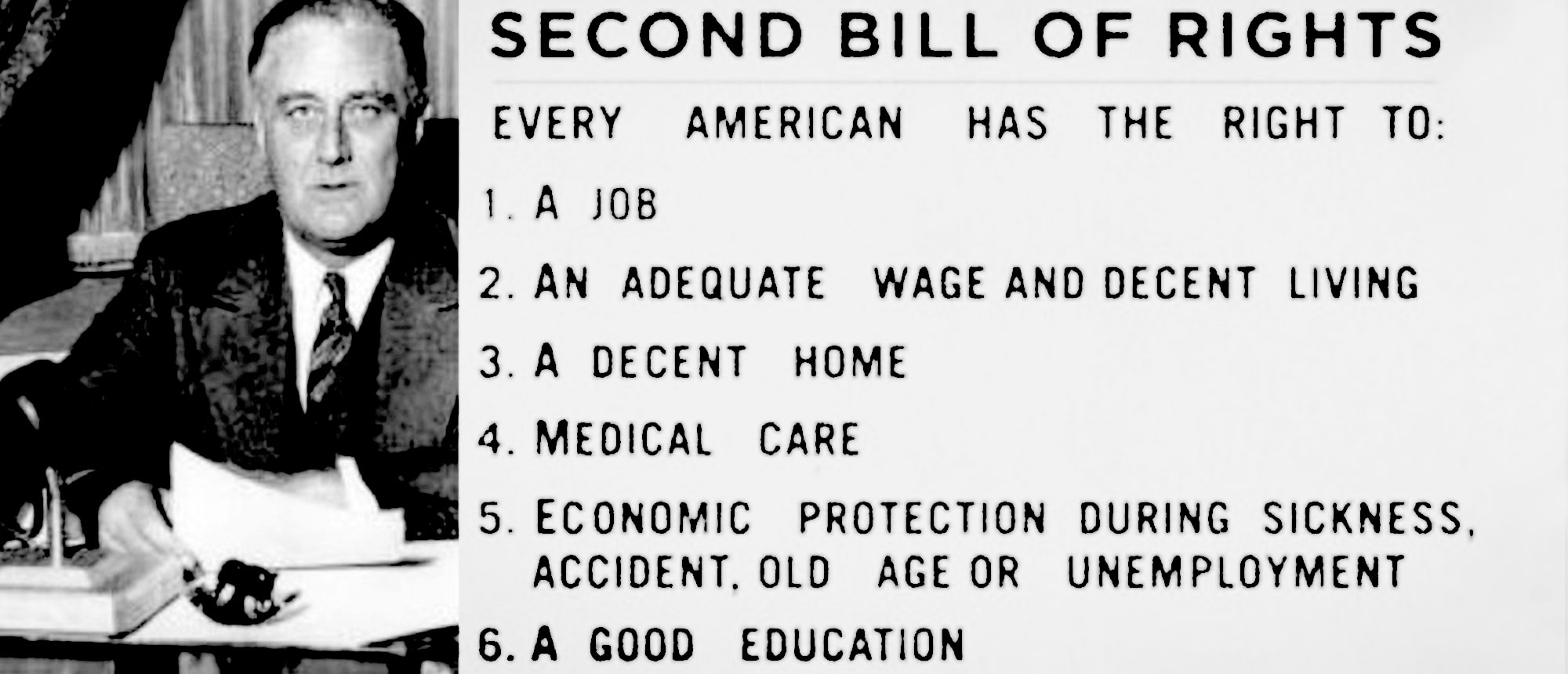(ThyBlackMan.com)
An excellent example of the impact our history has on the way we are today, especially economically, can be found in an article titled, The Reluctant Entrepreneurs, by Joel Kotkin, author of the book, Tribes.
The feature discusses several reasons for Blacks not going into business and being surpassed in this area by other ethnic groups. Among other reasons, the history of African Americans was cited. The article quotes Robert Hill, a Black Historian at the University of California at Los Angeles, who traced the lack of entrepreneurial tradition to African origin and the brutality of the American system of slavery. “Africa”, Hill explained, “is more a communitarian  society, where notions of private property have never been so entrenched as in Europe or North America. The culture of capitalism is just not part of our African heritage.”
society, where notions of private property have never been so entrenched as in Europe or North America. The culture of capitalism is just not part of our African heritage.”
The piece goes on to say, “…certainly slavery and its progeny, the sharecropper system, did nothing to foster confidence, independence, or a capitalist inclination among African Americans. Before slavery and after, white landowners believed the proper way to treat the Black was, in the words of one slave owner, ‘to create in him a habit of perfect dependence…’ And it was a system that proved to be enormously successful and enduring.”
The article continued, “we are a race of people who for generations, both before and after Emancipation, were denied freedom of movement, education, and even a rudimentary familiarity with the free market, not to mention credit, legal status, or safety from lynch mobs. That we, as descendants, have not taken naturally to entrepreneurship should hardly come as a big surprise.”
The fact still remains that despite their poorest of circumstances, some Black people engaged in entrepreneurship even before the Emancipation, and did well at it. According to John Sibley Butler, in his outstanding work, Entrepreneurship and Self-Help Among Black Americans, “They (Black entrepreneurs) became the merchant class in northern cities, and it was through their enterprises that Black income in the last third of the nineteenth century grew faster than that of whites.”
The INC. article cited the economic protestations of Booker T. Washington, who established the National Negro Business League, exhorting Blacks to “uplift” themselves by striking out on their own. It celebrated the “new” ministers like Adam Clayton Powell, who urged aspiring congregants to go into business on a larger scale.
While early Black businesses had to rely solely on the Black consumer market, such is not the case today. However, if we do not move collectively through the economic maze, making our monetary clout felt in the widest of circles and obtaining the reciprocity we deserve as a massive consumer army, our businesses will not achieve the growth they need to prosper in this economy. Moreover, African Americans will have abdicated our responsibility to carry forth the legacy passed on to us by our fathers and mothers.
We must never forget our history and the reasons for our attitudes on economics, business ownership, and mutual support. We must also realize that if we are going to make it in this country, we had better get down to business NOW! I think our ancestors would be proud.
Economic empowerment is a constant struggle, and if we do not view it as a struggle, we will never achieve the goals to which we aspire. No one is going to “give” us anything. If they do, it will not be without encumbrances. The economic power we seek is within us all, and examples for us to follow are everywhere. We simply need more cooperation within our own ranks.
In seeking that economic power, remember what Frederick Douglass said: “…This struggle may be a moral one; or it may be a physical one; or it may be moral and physical; but it must be a struggle. Power concedes nothing without demand. It never did and it never will. Find out just what people will submit to, and you have found the exact amounts of injustice and wrong which will be imposed upon them…The limits of tyrants are prescribed by the endurance of those whom they oppress.”
I say: If we rise up, as Marcus Garvey exhorted us, resolving to cooperate with one another and do for ourselves, our economic manifesto would be clear. Our struggle will be easier, and the powers we face will concede to our demands. However, if African Americans choose individuality over collectivism, yes a few of us will “make it”, but we will go down in history as a paradoxical people; a people who, with all of our wealth and knowledge, acquiesced and continued in economic oppression. And the blame will rest squarely upon our shoulders.
Let our past be the light that guides us to a brighter economic future.
Written By James E. Clingman
Official website; http://www.blackonomics.com/




















Leave a Reply